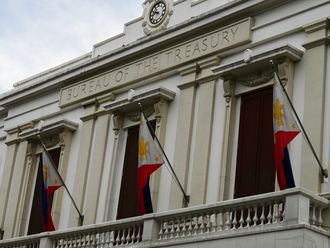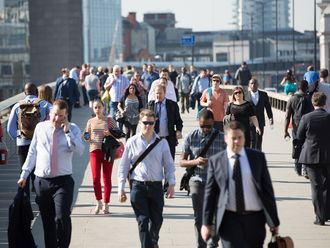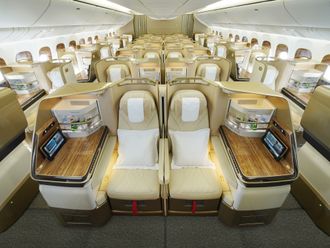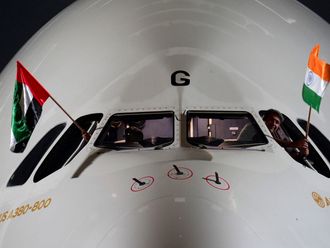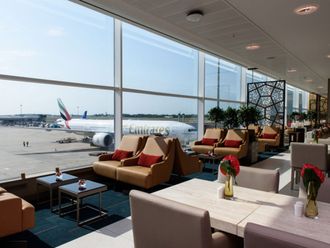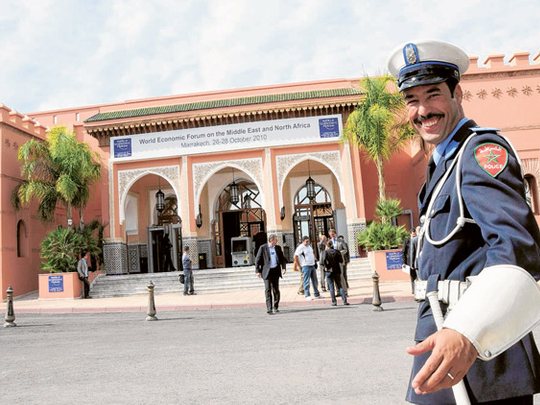
Marrakesh: Agile leadership will be vital to achieving sustainable growth as the world emerges from the deepest downturn in recent history, according to the World Economic Forum. In a surprisingly optimistic forecast, it sees notable advances towards global recovery, with world output projected to rise by 4 per cent and consumer demand to further rebound on the back of public stimulus.
But different countries will recover at different speeds as they wrestle with sovereign debt and unemployment, and the key to success will be nimble leadership which allows rethinking and redesigning of regional cooperation and business models.
This requirement for new ideas and flexible leadership is the core theme of the 2010 World Economic Forum on the Middle East and North Africa, starting today in Marrakesh. The three-day conference will focus on three broad themes: dealing with the global recession; unlocking sustainable growth; and (with a nod to the Forum's Moroccan hosts) a regional look at how to grow business in North Africa.
The global recession is still very much the top business priority for any government or business in the region. There is still a long way to go, even in the more closed economies which will have suffered less. But in the more open economies the full rigour of the global recession has done great damage, and the Marrakesh Forum will review how better recovery can be encouraged, with a closer look at how better understanding of global risk taking will benefit decision taking in the Arab world.
Lack of regional policy
Perhaps the most interesting themes will be when the Forum looks at how to find and ensure sustainable growth. This will range over many very different issues, include encouraging the huge young Arab population to greater endeavour. But the Marrakesh meeting will also look at areas like renewable energy, health and social systems, infrastructure, and technology readiness.
All of these have significant contributions to make to long term growth in any country. But one important gap so far has been the lack of regional policy planning on many these major issues, which have normally been managed country by country. It is a trueism that the Arab world has been largely impervious to regional planning, but some of these topics require it, and the Marrakesh meeting will take a look at what can be done.
The need for a top-to-bottom transformation in the way education is conducted in the Arab world will have been looked at during a one-day meeting before the start of the main World Economic Forum.
The dangers of not getting stronger, higher quality education in the Arab world, and ensuring sustainable funding to ensure long-term continuity, were reviewed in a one-day meeting on the Future of Education, which reviewed the findings of the World Economic Forum's Global Agenda Council, GAC, on Education.
The GAC's report condemned the all-too common trend in the Arab world of promoting access to education for far too many people at the expense of quality.
Social inequality
This results in the dangerous situation of entrenching social inequality and exclusion, rather than equipping young people with the critical skills essential for success in today's globally open world.
The desperate plight of millions of young Arab people who leave school without employable skills, and millions more who leave universities unable to compete for jobs in the private sector, is at the core of this depressing problem. Youth unemployment in the Middle East averages 25 per cent at present, and there are deep concerns about the quality of the existing education. This is not only a serious economic drain, but also a huge political problem waiting to explode.



